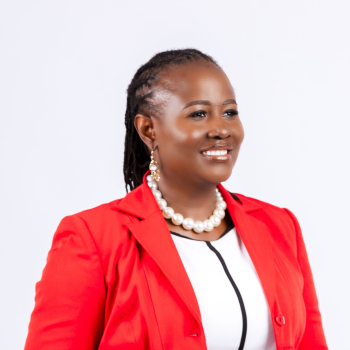Let’s draw a line between dos and don’ts: Pakistani journalists’ perspectives about the ethics of conflict-sensitive reporting.

| gaadjei@uew.edu.gh | |
| Download CV |
Let’s draw a line between dos and don’ts: Pakistani journalists’ perspectives about the ethics of conflict-sensitive reporting.
In conflict-ridden countries, the news media has a pivotal role to perform as an active advocate of human rights and societal peace, as well as a facilitator of conflict mitigation and resolution through the gathering and dissemination of non-partisan information. While today the world witness armed conflicts in more forms than ever before, some countries are more sensitive to conflict and violence—such as Pakistan. The country is recognized as one of the riskiest places for working journalists by virtue of recurrent political, ethnic, and religious conflicts. The Pakistani journalists work in a climate of fear and risks and with opposing groups seeking to influence the news media, which creates more difficulties for them to report unbiased and accurate news to the public. The practice of ethics has become more challenging for the Pakistani journalists because the country lacks an effective and standardized code of conduct to report on conflict. Therefore, drawing on the theory of the conflict triangle by Galtung, this study seeks the Pakistani journalists’ perspectives about the ethics of conflict sensitive reporting. In doing so, this study uses the quantitative method of survey and the qualitative method of in-depth interviews. The study uses descriptive analysis to present the survey findings in the form of percentage and thematic analysis to present the findings of interview data.
